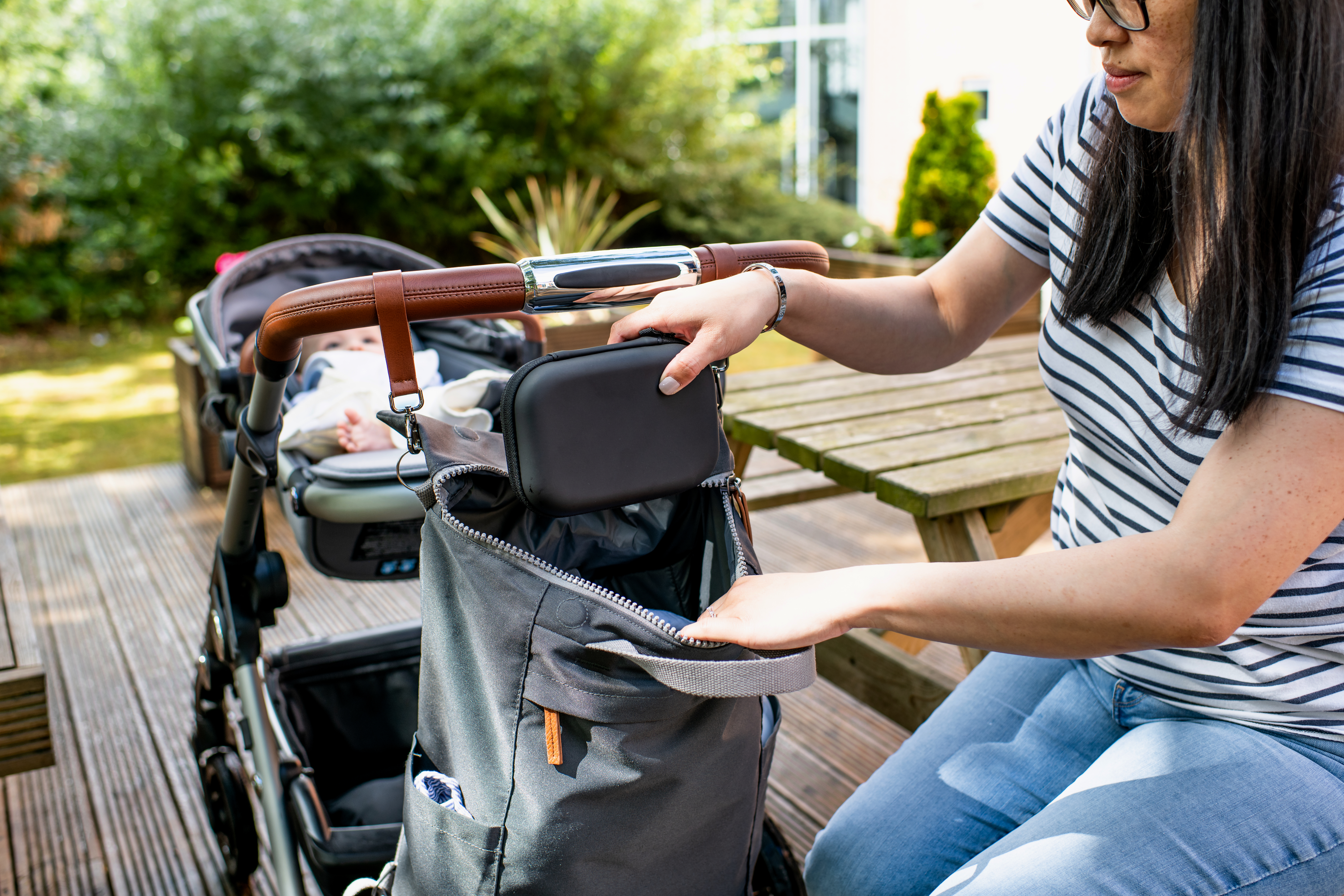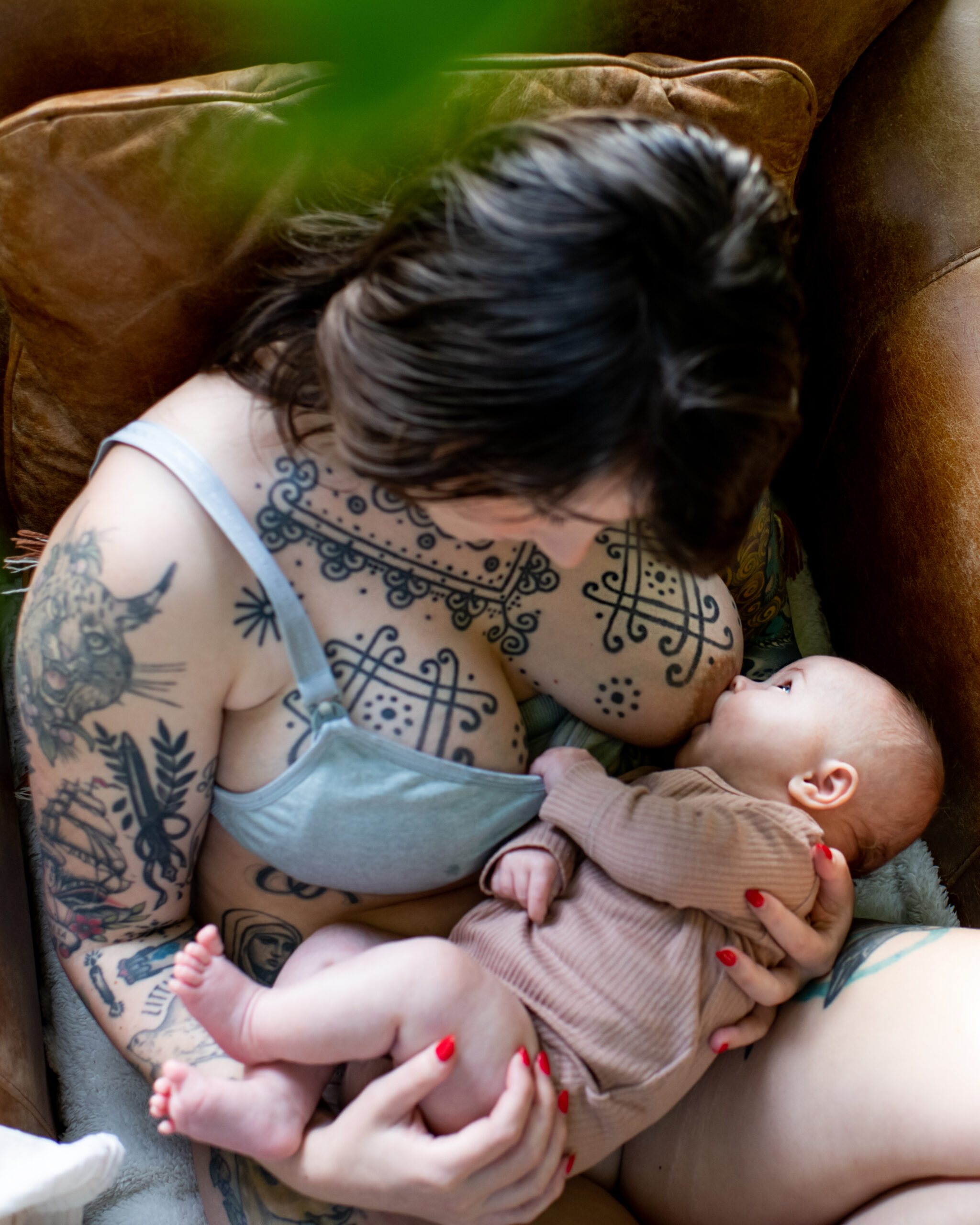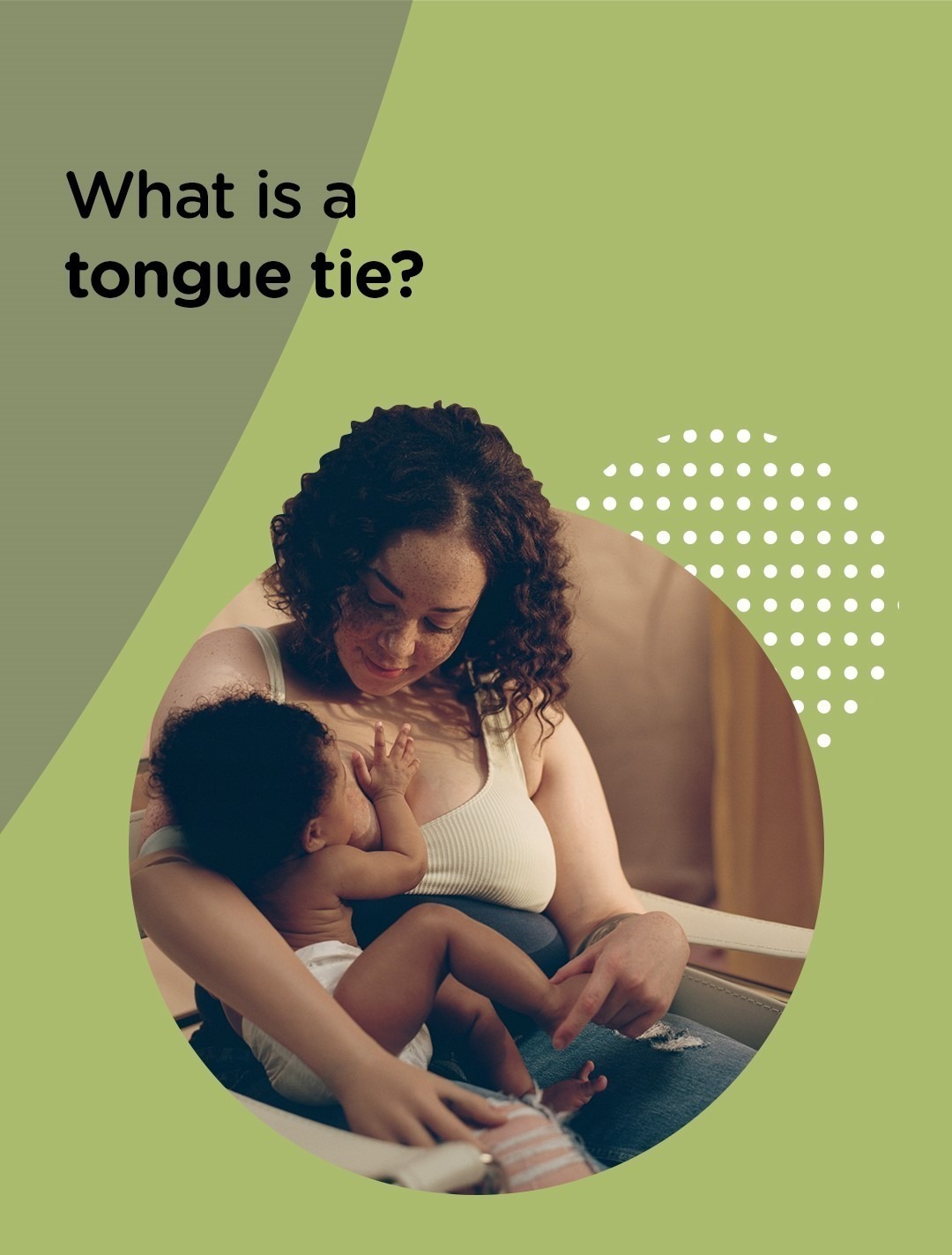Once your baby has arrived, you can expect several hormone-driven body changes as a postpartum mum, hair loss being one of the most common.
The medical term for postpartum hair loss is telogen effluvium, a bit of a mouthful, right?! Don’t worry though, it’s normal and experienced by most mums.
If you’re wondering why you might shed more hair after having a baby and are looking for some helpful tips to help you manage postpartum hair loss, you’ve come to the right place.
What causes postpartum hair loss?
When you were pregnant, you may have noticed that your hair became thicker and grew faster. The hormone estrogen was responsible for this. During pregnancy, your hormones disrupt the normal hair cycle and stop your hair from falling out. So, hair that would ordinarily be shed remains on your head longer.
After you give birth, your estrogen levels drop (returning to their pre-pregnancy levels), and so your hair becomes thinner. Shifting estrogen and progesterone levels can also make your hair oilier or drier in texture during and after pregnancy.
When does postpartum hair loss start?
Most mums experience postpartum hair loss two to four months after their baby arrives. The amount of hair that falls out may seem more extreme if you have longer hair, or if your hair grew a lot during pregnancy.
How long does postpartum hair loss last?
Noticing more hair than usual on your pillow, in your hairbrush and in the plug hole after a shower can be alarming. Try not to worry though, as the effects of pregnancy-related hormonal changes in your body slowly subside, your hair will begin to return to normal as the rest of your postpartum body recovers.
You should notice that you’re not losing as much hair in around three to six months, although this time frame can differ slightly from one mum to the next, and some women experience postpartum hair loss for up to a year after childbirth.
When should you seek help for postpartum hair loss?
Remember that postpartum hair loss is common amongst new mums, but if you are worried that your hair loss is severe or notice certain sections of your scalp where the hair is much thinner, you should consult your doctor. They will be able to check for any other conditions that can cause hair loss and recommend treatment.
Tips for managing postpartum hair loss
Because postpartum hair loss is the result of natural hormone changes, it’s not something that you can immediately stop. But if you’re worried about postpartum hair loss, here are a few tips to help you manage it…
- Ensure that you’re getting regular, gentle-to-moderate exercise.
- Speak with your doctor about taking vitamin or mineral supplements to help promote hair regrowth such as vitamin A and iron.
- Maintain a healthy diet and remember to drink plenty water to stay hydrated.
- Try to reduce stress. This can really help to regulate your postpartum hormones.
- Be gentle with your hair when washing and styling it. Only wash it when needed and try to avoid using heated styling tools.
- Try to wear your hair loose to prevent pressure on the root. Perhaps you could even try a brand-new style or switch up your parting?
- Finally, be patient and don’t put pressure on yourself. Remember that every mum’s postpartum journey is unique.


